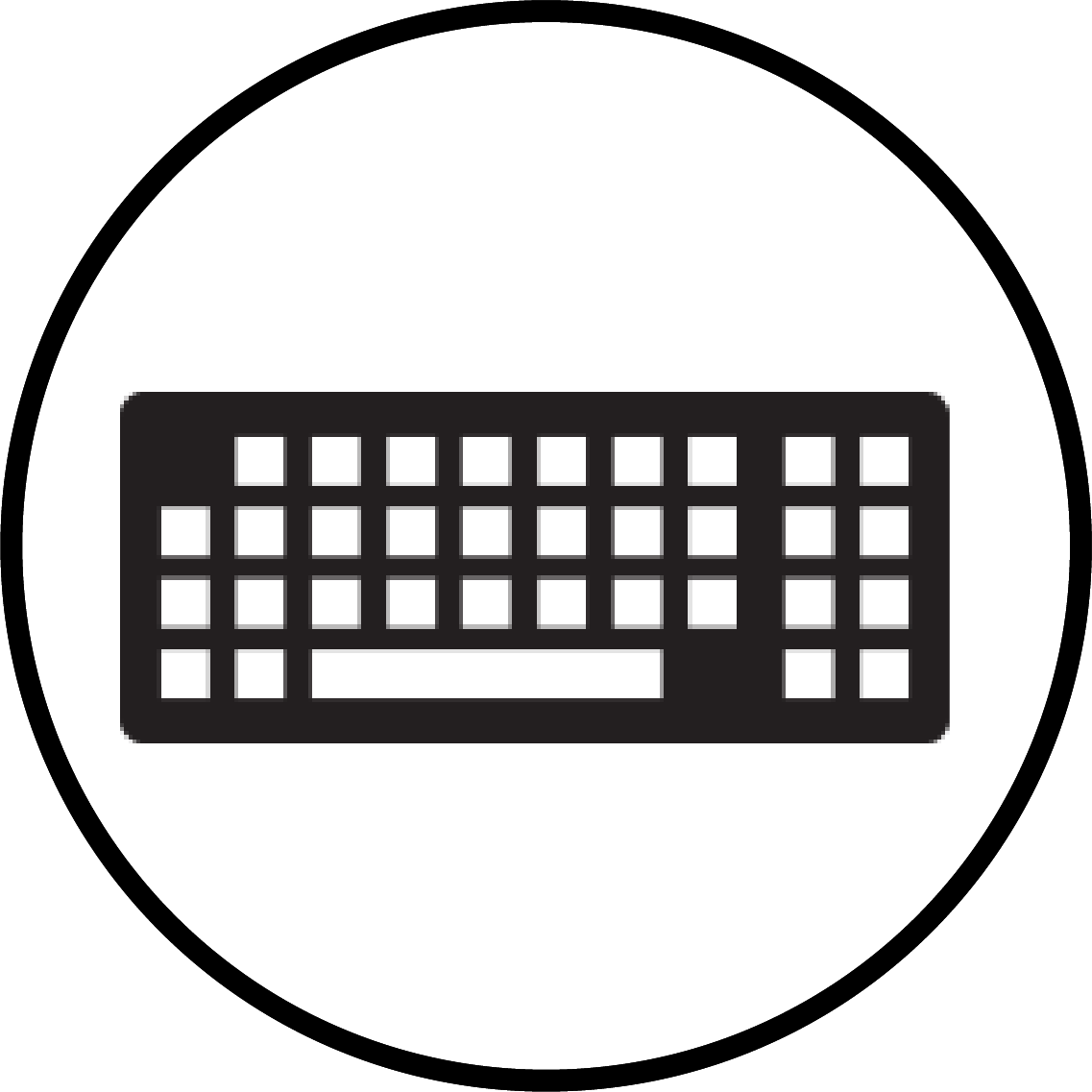
Panel on "The Role of Activism in Building Solidarity in Local Authorities" at the Conference on Cultural and National Diversity
As part of the Cultural and National Diversity Conference held in Haifa on May 3, 2024, a panel was held on "The Role of Popular Activism in Building Solidarity in Local Authorities." The session was chaired by Ms. Galia Abiyani, Coordinator of the Coexistence Promotion Program at the Haifa Municipality. She began by pointing out the presence of groups within the government promoting concepts of national and cultural separation. She noted that the war has deepened the division between neighborhoods in Haifa and other mixed cities. She emphasized that grassroots and civic institutions in Haifa have worked to communicate with various groups and succeeded in preventing tensions between national groups.
Ms. Lamis Salameh Musa, a member of the Nof HaGalil Municipality, pointed out that "Nof HaGalil" is a mixed city where Arabs make up 30% of the population. The city is experiencing negative migration of Jews, and historically, the Joint List was established to provide equality between Arabs and Jews in the services provided by the local authority. The Joint List continues to implement the recommendations of the State Comptroller's report for 2022 on the large gaps between Arabs and Jews in the city, where no buildings were allocated to serve the Arab community, nor were there any cultural activities directed at Arabs.
Attorney Einbal Beit Halahmi, a member of the Haifa City Council, stated that Haifa is a diverse city, but there is practical, cultural, and economic separation between different populations. She emphasized the need to rebuild neighborhood committees to strengthen ties and solidarity, respect diversity, and support vulnerable groups. She added, "We must fight ignorance of the other and fund programs that promote cultural diversity. This is a major challenge for the municipality, which must embrace this diversity and influence local and national policy."
Ms. Shula Kishet, a member of the Tel Aviv-Jaffa City Council, noted that "Tel Aviv-Jaffa suffers from racial division, with the Ashkenazi group dominating the White City and discrimination against the south of the city and Jaffa, where Arabs and Mizrahim live. Residents suffer from clear ethnic oppression. Mayor Ron Huldai, who has been in office for 22 years, neglects the south of Tel Aviv, inhabited by Mizrahim, expelling people from their homes and labeling them invaders. Ethiopians and Russians have no property rights, and Huldai prefers to attract wealthy businessmen, following the government's approach of supporting those who do not need help and oppressing those who do. The main goal of government policies is to incite division and instigate against different populations."
Attorney Amir Bedran, a member of the Tel Aviv-Jaffa City Council, stated, "During the local elections, we established the 'City Council' coalition. We founded a party as a guardian for Arabs and Jews, aiming to present a different vision and dialogue between them, especially during the war. This movement operates bilingually and serves both Jews and Arabs. We could not reach a common agreement to stop the war, as the Israeli media ignored our message, and even the municipality considered us adversaries, especially during the war."
Activist Daria Starkshina from Haifa said, "Our mission is to face the challenges of developing a pluralistic society that provides equal opportunities for all. We aim to promote a culture of communication and overcome inequality through various methods by providing knowledge that stimulates civic participation. We aspire to promote global and democratic social development and support progressive initiatives within the Russian-speaking community in Haifa. We plan to strengthen ties between the Arab community and the Russian-speaking group, encouraging the exchange of experiences and mutual support."
Dr. Nuha Badr, a member of the Maghar Municipality, stated, "From my personal experience, there are many challenges when working in local authorities and politics in general. Maghar is a mixed city, comprising various religious beliefs and complexities that require continuous follow-up and treatment. However, I encourage anyone with the energy and desire for change to participate in local politics, regardless of affiliation, as through organized individual and collective initiatives, we can achieve our aspirations in cooperation and solidarity together."
Dr. Merav Ben-Nun, Director of the "From the Wells" program at the Shalom Hartman Institute and a board member of the bilingual school in Haifa, confirmed that "the separation of the education system is a result of long-standing educational policies since the founding of the state, where Jews and Arabs studied in separate schools. The 'Altman Plan,' which we are implementing, seeks to organize meetings between teachers from different backgrounds to promote mutual understanding and shared experiences. We established a bilingual school, and despite the challenges and the lack of a permanent building for us yet, we continue to fight to secure the necessary resources. Each year, we are required to demonstrate to pressure the municipality and the Ministry of Education to allocate more support and resources for the school and its institutions."

























